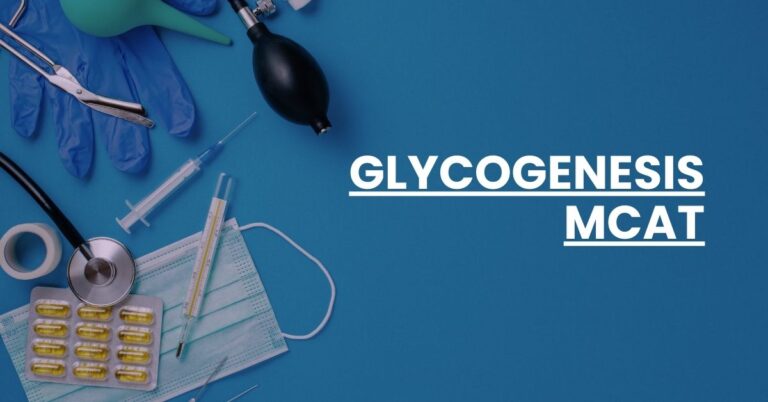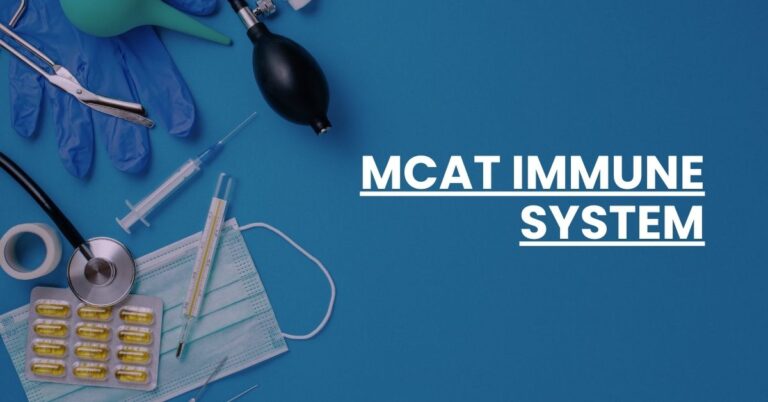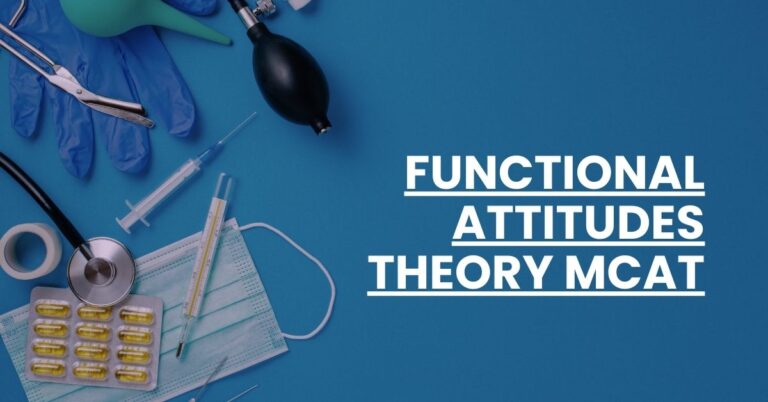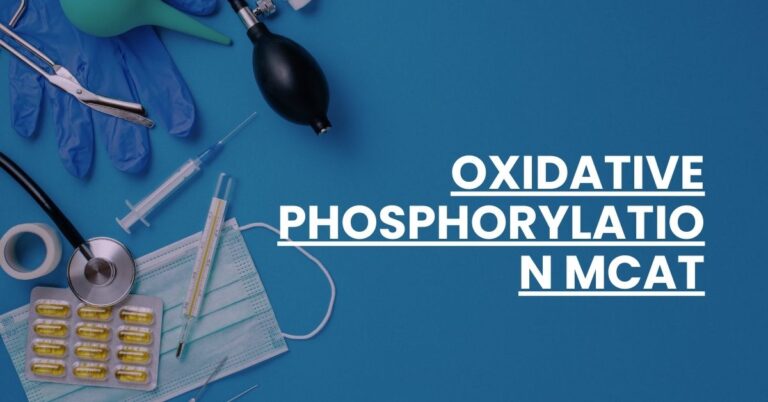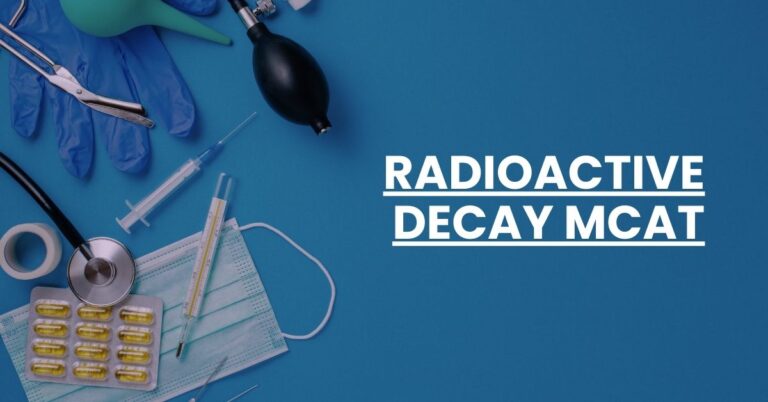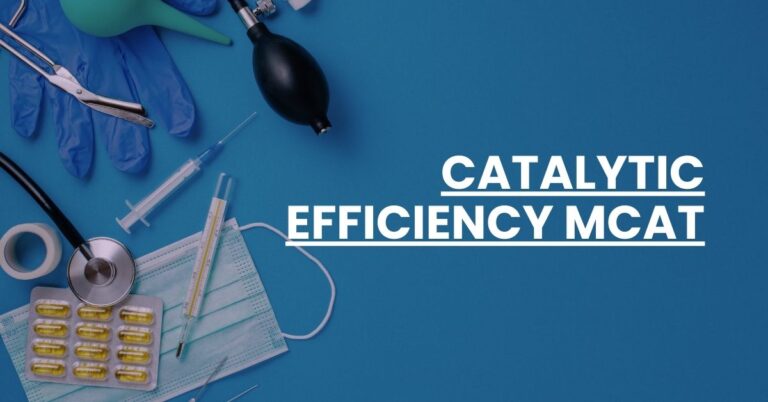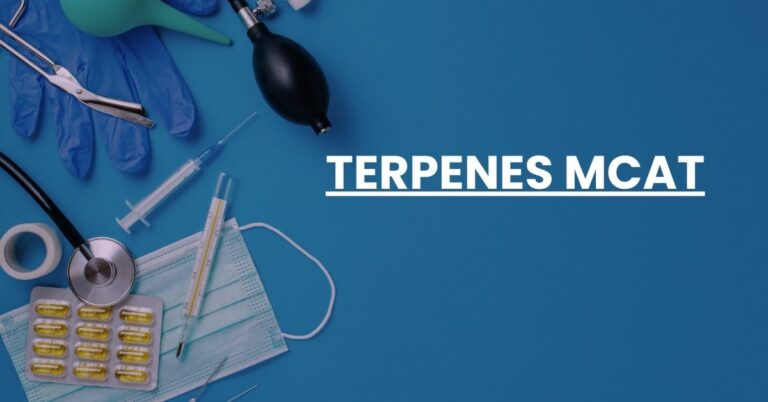LATEST RESOURCES
The average MCAT score for admission to Wayne State University School of Medicine is 508. Hitting or surpassing this score places prospective students in a solid position for consideration...
Glycogenesis is the process by which the body converts glucose to glycogen, stocking up vital energy reserves for muscle and liver tissues. It’s a key topic for the MCAT section...
The MCAT Immune System section is designed to ensure medical students grasp the mechanisms protecting the body against pathogens. It encompasses the innate and adaptive immunity’s...
Memory is a multifaceted concept that the MCAT tests within the Psychological, Social, and Biological Foundations of Behavior section. It encompasses processes including encoding, storage,...
Functional Attitudes Theory on the MCAT explores how individuals adopt certain attitudes to fulfill key psychological functions. If you’re preparing for the MCAT, understanding...
Oxidative phosphorylation is a critical element of the MCAT, essential for understanding how cells produce ATP — the energy currency of the cell. In synthesizing over 30 ATP molecules...
Radioactive decay is the process by which unstable atomic nuclei release energy to form more stable configurations, a concept integral to the MCAT’s “Chemical and Physical...
Catalytic efficiency is a measure of how effectively an enzyme converts substrate to product, playing a pivotal role in enzyme kinetics and biological systems. On the MCAT, understanding...
The average MCAT score for anesthesiologist assistants is typically around 500 to 502. Achieving this score or higher can set aspiring anesthesiologist assistants on a path towards...
Terpenes are a diverse class of organic compounds prevalent in many plants, contributing to their scent and flavor. On the MCAT, they stand out in the biology and biochemistry sections...
No posts found

